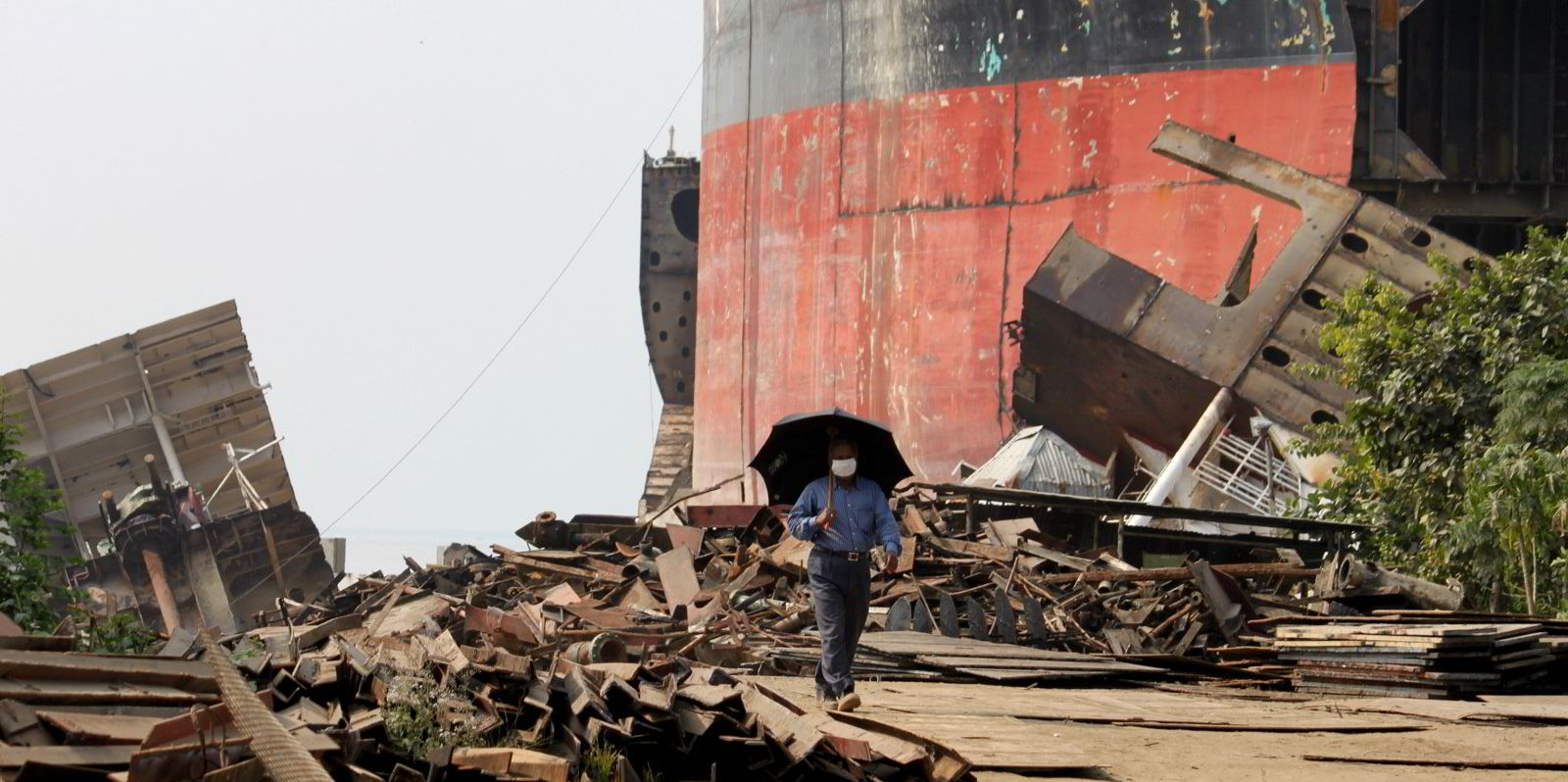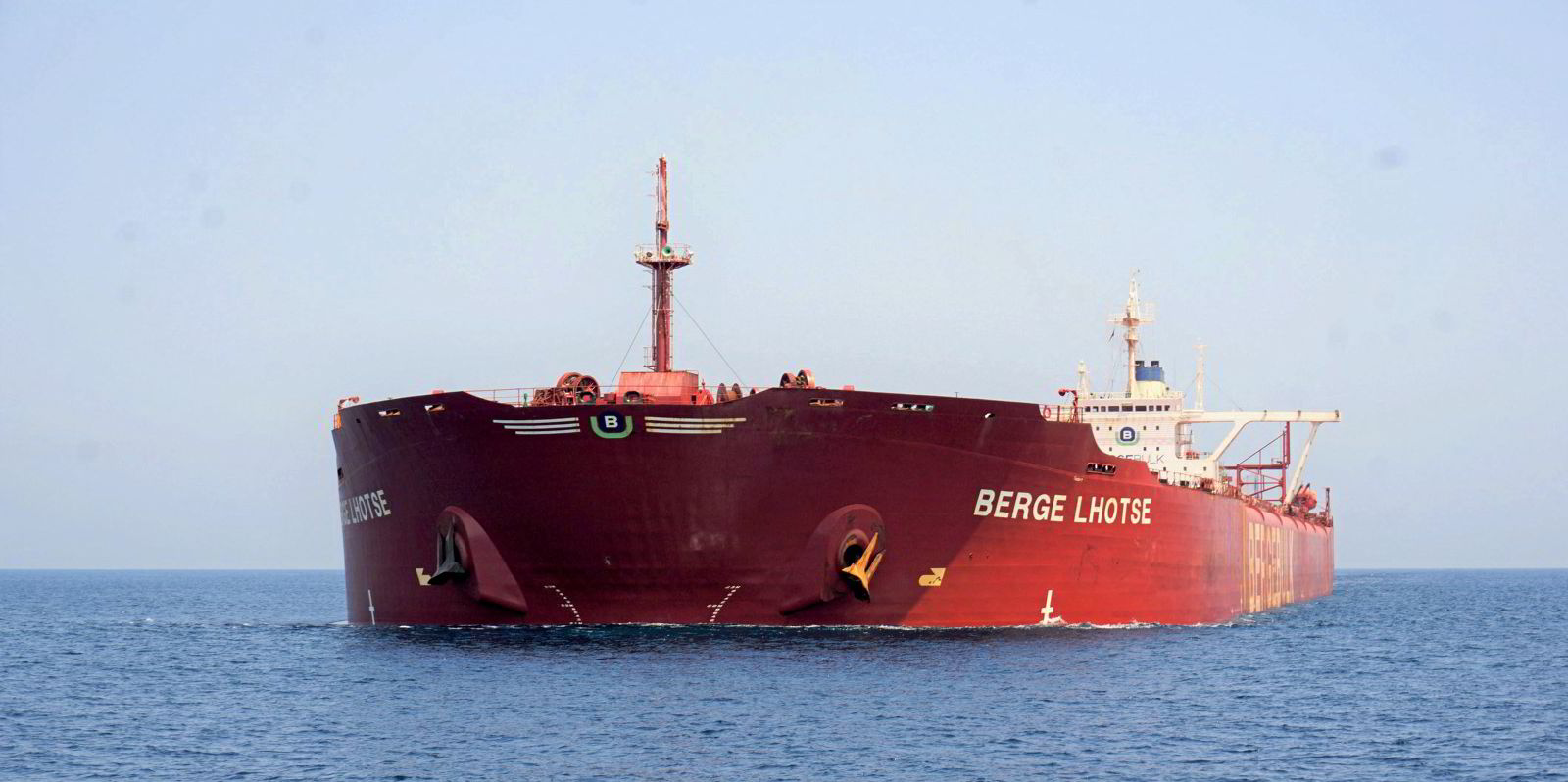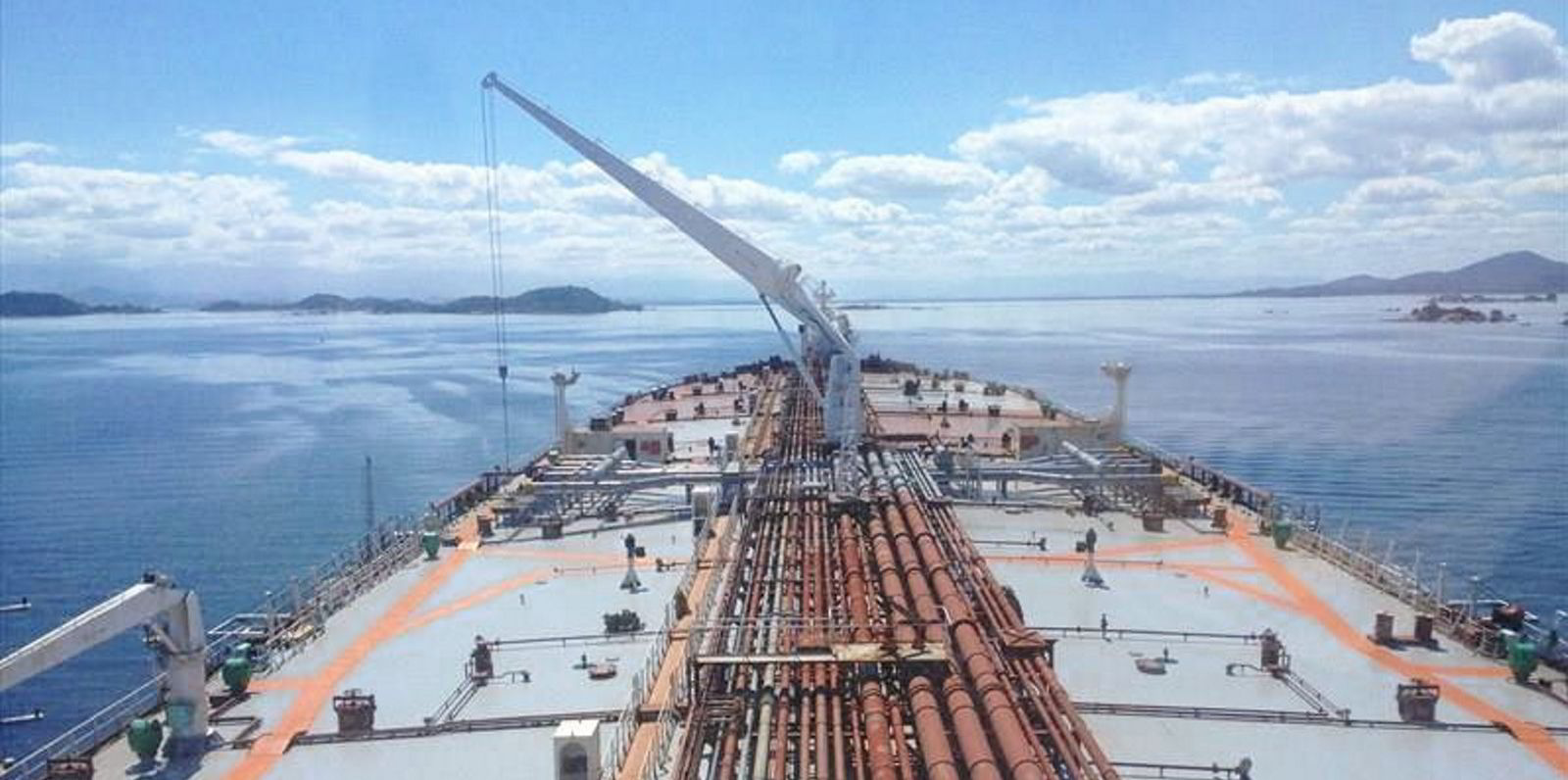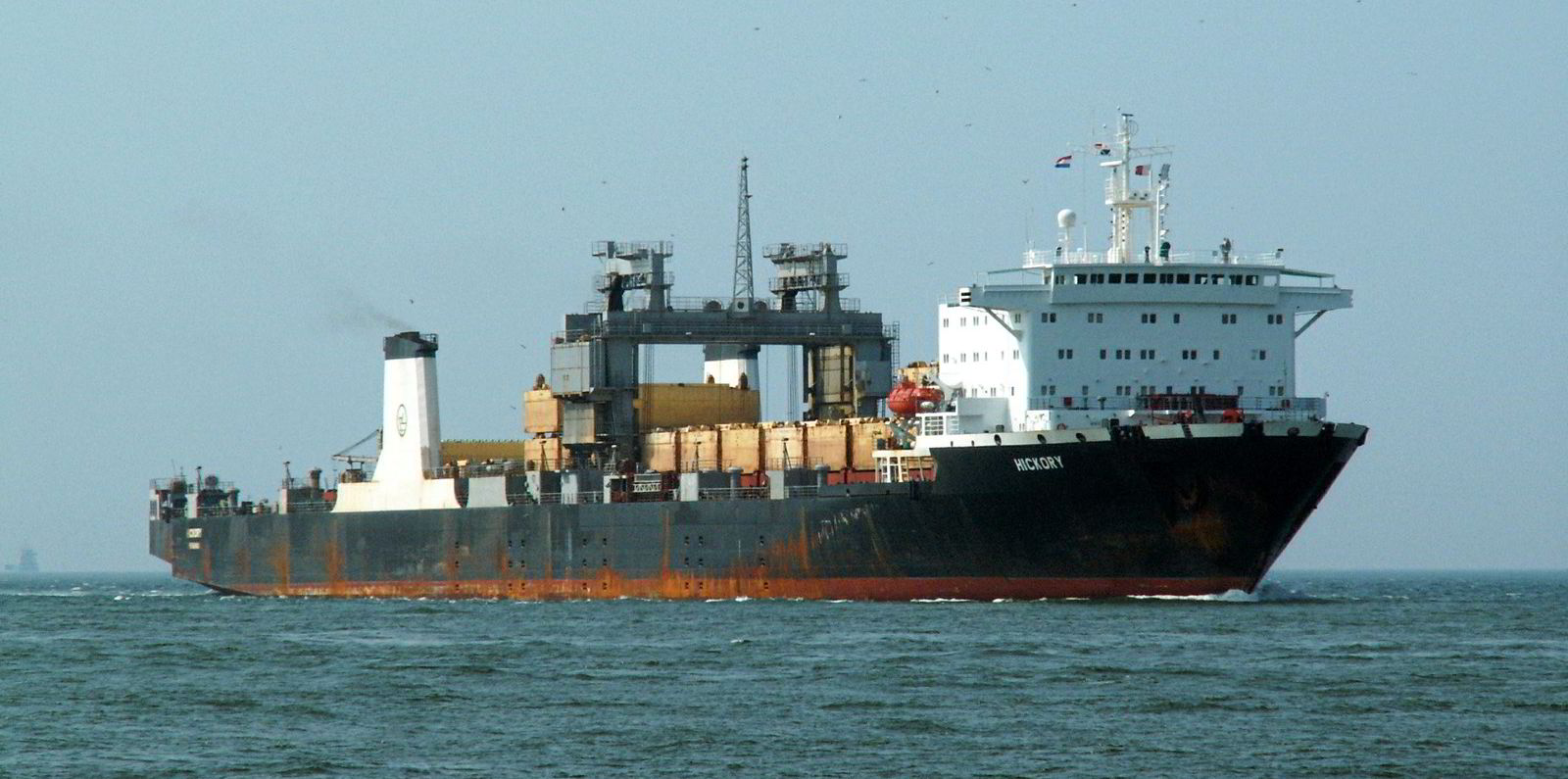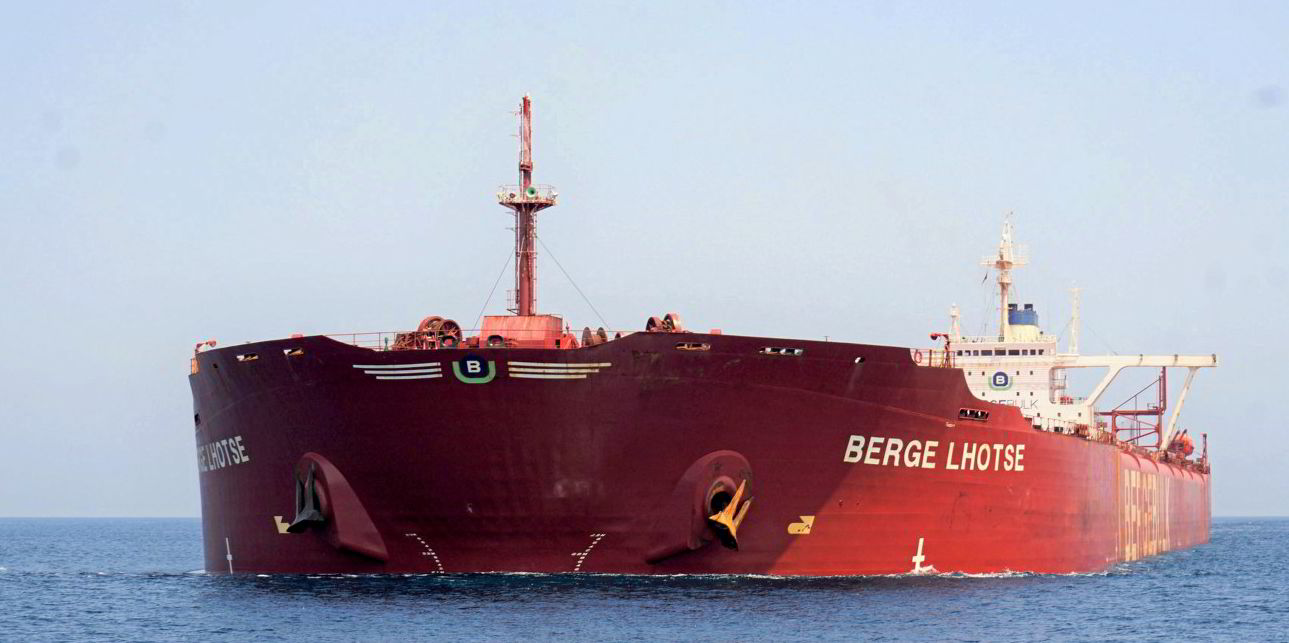Vessel scrap prices have broken through the $400 per ldt barrier following the end of Bangladesh's attempt to cap levels at around $350 initially.
The Bangladesh Ship Breakers Association formed a "committee" in September in a bid to limit what some members saw as unsustainable numbers being paid for vessels.
But the group, called a "cartel" by some industry players, called it a day on 21 November.
Brokers have now reported that the 14,142-ldt floating storage and offloading vessel Bosporus (built 1994) has been sold into Bangladesh at around $400 per ldt.
The unit, formerly owned by Nadel Shipmanagement of the Marshall Islands, was sold with a very prompt delivery and is already in Bangladesh.
Big price paid?
But demolition broker Ed McIlvaney said this level "pales into insignificance" beside the $420 per ldt reported for Berge Bulk's 38,832-ldt ore carrier Berge Lhotse (built 1995), which has been sold in Singapore. Its ultimate destination is not yet known.
TradeWinds reported on 24 November that the ship was expected to be sold for scrap.
"Based upon all the previous failures, it has come as no surprise that this endeavour would ultimately end up the same way, particularly as many members were becoming increasingly frustrated at the lack of tonnage being secured and auctioned by the committee," said McIlvaney.
Frustration grew
Frustration grew by the week as breakers watched ships bypassing the country for Pakistan and India.
Two or three cash buyers did take the opportunity to offload some vessels into Bangladesh, but this only occurred once the group had increased its price ceiling by $10 or more above initial caps, which were graded according to ship size and type.
"With the end receivers able to establish their own pricing policy, it certainly didn't take long for the $400 barrier to be reached," McIlvaney added.
Lottery losers
GMS, a cash buyer of ships for demolition, said end buyers are free to offer their own prices now, "rather than relying on the lottery system/below-market prices on offer from the cartel that saw them secure nearly no vessels during their relatively short-lived existence".
Powerful local buyers had tried to "commandeer" the market and control prices in their favour — at a time when both India and Pakistan were kicking on, leaving Bangladesh trailing in their wake, the company added.
"Demand in Bangladesh has been growing steadily and so it is no surprise that at the latest association meeting, they have decided to end it all and go back to the normal free-market ways," GMS said.
